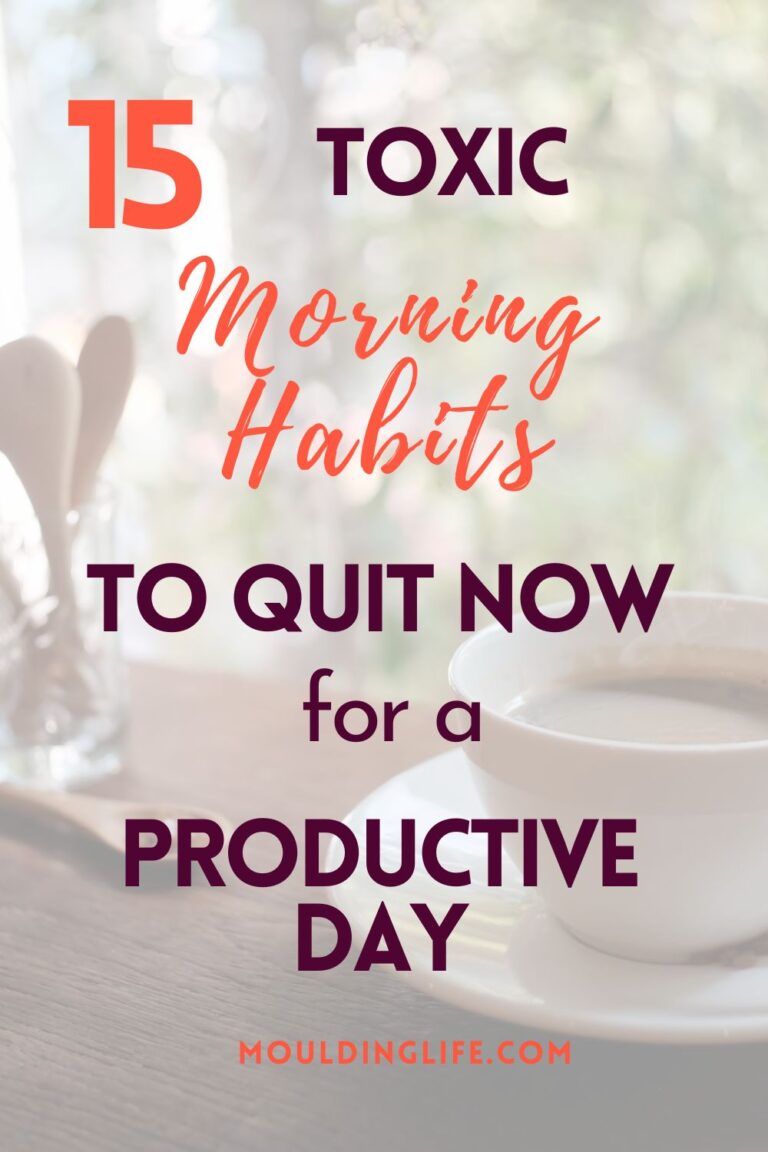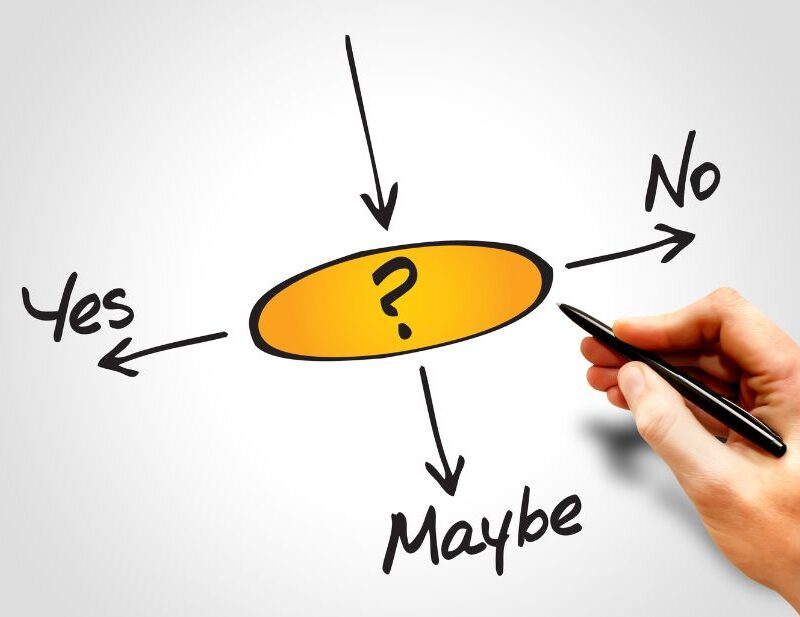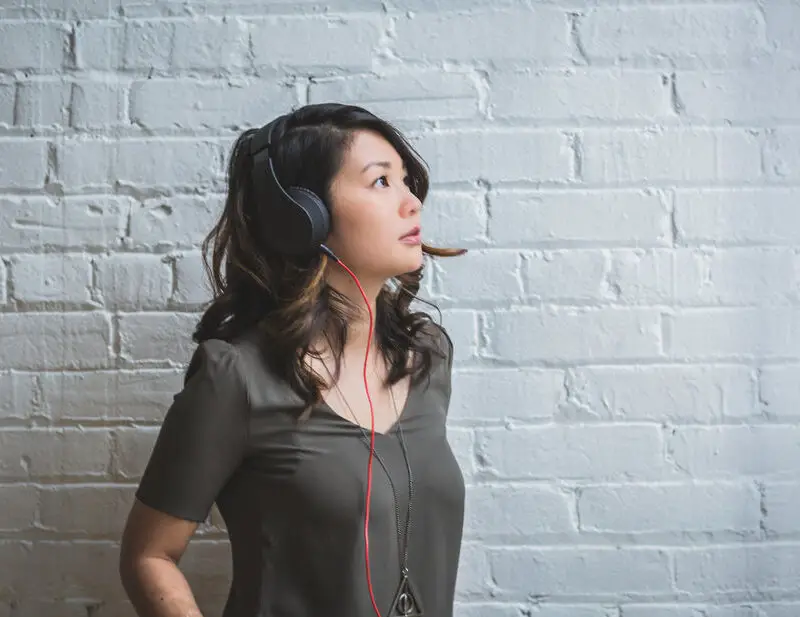
Do you often find yourself struggling through unproductive days, battling afternoon slumps, and lacking the energy to tackle your tasks effectively?
Whatever you do, how much you try, every day it’s the same.
You are not making the most of your day.
Wondering why?
The reason might be hidden in how you spend your mornings.
Your course of action during the morning sets the tone for the rest of the day.
Imagine making the most of your day by tweaking changes in your morning routine.
There are things that you should never do in the morning. Cut these out of your morning routine, and you’ll be amazed at the positive changes that start to happen.
In this post, we’ll delve into common bad morning habits that might be sabotaging your productivity and energy levels. Read on to find out whether or not you have fallen prey to these toxic morning habits.
15 Things You Should Never Do In The Morning
1. HITTING SNOOZE BUTTON
You snooze you lose.
How true is this? Is hitting the snooze button affecting your sleep quality and ruining your morning?
New studies suggest that snoozing is not bad after all.
One study found that ‘There were no clear effects of snoozing on the cortisol awakening response, morning sleepiness, mood, or overnight sleep architecture’. This study also suggested that snoozing may reduce sleep inertia. This is contrary to popular belief.
Another article suggests that 30 minutes of snoozing helps in gentle awakening.
Should you be hitting the snooze button or not?
Don’t just rely on studies to make the decision. Decide based on YOUR experience of snoozing the alarm. Do you find it beneficial or not?
Is it helping you ease the waking up process or causing sleep inertia?
I feel anxious about oversleeping. So, I keep two alarms. For me, snoozing the alarm causes grogginess.
On the days, I wake up by the first alarm, I feel proud of myself. It boosts my mood as I think that I have accomplished something.
It might not be the same for you.
Should you snooze the alarm? The answer is not a HELL NO, according to the new research and articles.
Don’t feel guilty about snoozing your alarm. If it works for you, go ahead, because it isn’t fully a toxic morning habit that you need to quit.
If you choose to snooze, do it in moderation.
👉 Related Post: 12 Practical Tips to Stop Snoozing Your Alarm
2. LYING DOWN IN BED AFTER WAKING UP
How long do you stay in bed after waking up? You may be scrolling through your social media, checking email, catching up with the news, or wondering about what will happen during the day.
Once you are awake, get out of bed right away. Lying in bed is comfortable. But it leads to procrastination. Before you know it 5 minutes turns into hours.
You end up wasting your precious time which can be used to build a good morning routine.
Make a firm decision before going to bed the night before that you will wake up as the alarm goes off. It makes a lot of difference.
Remind yourself every night before sleeping the satisfaction of accomplishing tasks versus the fleeting comfort of staying in bed.
Choose long-term goal fulfillment instead of short-term comfort.
I have realized I don’t waste time lying in bed when I have a strong WHY for waking up.
A strong reason helps you to push yourself out of the bed. Find that reason before going to bed every night.
3. CHECKING YOUR PHONE
Research by Deloitte found that ‘The time it takes for us to pick up our phones in the morning continues to shrink: more than 40% of consumers check their phones within five minutes of waking up’.
Do you also check your phone immediately after waking up?
According to an article by Health Digest, ‘If you wake up, check your phone, social media, messages, [etc.], you skip this theta brainwave and go straight to the high-stress beta brainwaves.
This altered brainwave pattern will affect your performance for the rest of the day.’
Is it for consuming news? According to a Harvard Business Review article, ‘Just a few minutes spent consuming negative news in the morning can affect the entire emotional trajectory of your day.’
Is it for checking social media? Emily McDonalds tells Metro.co.uk ‘Checking social media first thing in the morning also spikes dopamine and lowers your baseline dopamine levels, to make you continue to crave checking social media throughout the rest of your day.’
Is it for checking emails? The internet is divided on this.
Julie Morgenstern, the author of the book, “Never Check Email In The Morning” tells Huffington Post, “Those requests and those interruptions and those surprises and those reminders and problems are endless… there is very little that cannot wait a minimum of 59 minutes.” According to her “you’ll never recover” if you start off your day by checking emails first thing in the morning.
Even Elon Musk admits that he should switch his habit of checking email first thing in the morning to working out.
A Harvard Business Review article titled, Actually, You Should Check Email First Thing in the Morning, suggests the opposite.
The author, Dorie Clark, says that “pushing email correspondence to the end of the day, I found that I consistently avoided answering certain messages because they required hard choices that my brain found taxing”.
She also says, “I now periodically schedule email “sprints” of 20–25 minutes (following the Pomodoro Technique) to focus on more complicated emails during morning times, when I’m mentally clearest.”
I don’t like checking emails in the morning. It just captures focus on things that can wait for an hour or so.
Should you check your email first thing in the morning? The choice is yours. But if you ask me, the answer is a NO.
If you have a toxic morning habit of checking your phone in the morning, it’s time to stop that. News, social media, SMS, email – the entire world can wait for an hour before it bombards your day.
Gift yourself an hour in the morning free from the distractions and stress of this materialistic world. Experience the magic and you will never grab your phone first thing in the morning again.
👉 Related Post: 9 Effective Ways to Stop Using Your Phone in the Morning
4. NOT LETTING SUNLIGHT IN
All sunlight is not bad.
Research articles have found that exposure to sunlight in the morning helps get a good night’s sleep. Morning sunlight exposure also helps in Vitamin D production and boosts your mood and mental health.
Getting sunlight within 1 hour of waking up is one small habit that can do wonders for your sleep. So open your curtains and let that morning sunlight in for a healthier and happier you.
5. SKIPPING BREAKFAST
Research has found that skipping breakfast regularly leads to many health risks.
According to a research article, it was found that ‘those who skipped breakfast had significantly poorer overall diet quality than those who ate breakfast’.
Another research found that a lower weekly breakfast consumption was associated with a higher risk of insulin resistance.
A study published in Journal of the American College of Cardiology, found that ‘skipping breakfast was associated with a significantly increased risk of mortality from cardiovascular disease’.
Consume a bowl of nutritious breakfast. It will help you to seize your day and be beneficial for your long-term health.
6. DRINKING COFFEE
‘But I can’t live without my morning cup of coffee.’ Is that what you are thinking?
You don’t need to give up your morning cup of coffee. You just need to DELAY it.
Watch this video to find out.
7. NOT MAKING YOUR BED
“If you want to change the world, start by making your bed”. This was said by Admiral McRaven at University of Texas at Austin 2014 Commencement Address. This speech has 19 million views to date.
Making your bed is a simple yet powerful thing that you can do to kickstart your day. It means that you have done one small task. It gives you that momentum which helps you to do things.
This simple act results in you having a tidy be and makes your room to look clean. It gives you a sense of pride and also helps to boost your productivity.
Making your bed is indeed a minor task but it has many benefits. Try it from the next morning.
8. NOT DRINKING WATER
Drinking water first thing in the morning is helpful to hydrate yourself.
In Japan this is a common practice, which is known as Japanese Water Therapy.
Besides hydrating, drinking water in the morning helps to boost metabolism and increase your energy levels.
I have been drinking water as soon as I wake up, before brushing for many years. It helps to awaken myself and feel fresh.
Try switching your morning coffee with water and save yourself from the afternoon crash.
9. STARTING YOUR DAY WITHOUT A PLAN
It’s one of the worst things that you can do.
Why is it so important to plan your day?
Because if you don’t you will end up doing the ‘busy work”. These are work tasks that are important and urgent, with a deadline.
And if you get free time you will end up scrolling through social media or watching your favorite series or documentary.
The tasks that help in personal development are important but it doesn’t have a deadline. There are no consequences if you miss doing them in a day.
That’s why at the end of the day, you find yourself not accomplishing truly important tasks. Those which will help you achieve your goals and succeed in life.
Before you know it the day is over, you have done a lot of work but haven’t achieved anything for long-term success.
This is why you should plan your day.
Plan in such a way that you schedule time for those tasks that result in your personal development.
Got 10 minutes of free time. Read those newsletters that you have subscribed to but never open.
Even if you don’t achieve everything that you plan, always remember, something is better than nothing.
‘Ok. When should I plan my day?’
10. MAKING YOUR TO-DO-LIST / PLANNING YOUR DAY
Planning your day in the morning can lead to decision fatigue and wasted time.
Instead of planning in the morning do it the night before. Why so?
- Planning helps in setting a clear direction for the day and helps you get started ASAP.
- It helps to conserve your mental energy by reducing decision fatigue and use it to tackle more important things that get to be done.
- Knowing what to do in the morning helps you to beat procrastination. Planning the night before helps to reduce the overwhelm and stress which usually leads to procrastination.
11. RUSHING IN THE MORNING
I am guilty of doing this. Rushing in the morning is a common practice. But it has many negatives associated with it.
- Rushing in the morning can lead to elevated stress levels. The frantic pace and pressure to get everything done quickly can trigger the body’s stress response, releasing stress hormones like cortisol and adrenaline.
- It can result in decreased productivity for the rest of the day. When you’re rushing, you’re more likely to make mistakes, forget important tasks, or overlook details.
- When you’re rushing, you may not have the time or mental clarity to make well-informed decisions. You may end up making impulsive choices or skipping important steps in your routine, which can have consequences later on. Taking the time to slow down and think through your actions can lead to better decision-making and outcomes.
12. NO PHYSICAL ACTIVITIES
There is a lot of debate on the internet about the best time to exercise.
Exercising in the morning has its benefits such as:
There is a chance of skipping your exercise routine if it is scheduled for the evening. You might have extra classes scheduled at last minute, or your might have to work overtime to complete a project, an emergency occurs or you have guests at home. None of these are predictable.
But these reasons can cause you to miss your exercise. This will result in inconsistencies.
If you exercise first thing in the morning, it’s done for the day. The chances of you being consistent is also higher.
Also, you will feel energized which will help you to have a productive day ahead.
You will feel a sense of accomplishment that you did an important and hard task in the morning itself.
“Ok, I get it but I don’t have the luxury of time to squeeze in a full workout in the morning.” This is the most common response anyone says when suggested to exercise in the morning.
A study has found that exercising for 15 minutes a day can increase life expectancy.
Another study has found that ‘VPA (Vigorous Physical Activity) of 15–20 min/week was associated with a 16–40% lower mortality HR, with further decreases up to 50–57 min/week. These findings suggest reduced health risks may be attainable through relatively modest amounts of VPA accrued in short bouts across the week’
15 minutes of exercise can do the magic.
Choose the type of exercise and just get started.
13. WATCHING T.V.
Do you watch TV or your favorite series along with your morning cup of coffee?
Morning time should be used for doing productive tasks. Watching TV or Netflix can lead to procrastination. It’s difficult to stop watching content once you start. It’s the truth.
As mentioned before, the first hour after waking up is crucial for your health. Choose what you do during this time wisely.
14. SKIPPING MENTAL PREPARATION
Your alarm is blaring. You snooze the alarm. Finally, wake up after the 5th time the alarm goes off.
Walk to the washroom semi-conscious, brush, and start your day.
Is this you?
No mental preparation, whatsoever.
Before you start your day do some mental preparation.
As simple as doing 10 reps of deep breaths, expressing gratitude for being alive, visualizing how your day will unfold, and meditating for 5 minutes.
Spend 5 minutes journaling.
Seems simple. But it’s powerful.
It sets the tone for the entire day. You will notice positive changes. A few minutes is all you need.
Start your day by being present and conscious.
15. WAKING UP AT DIFFERENT TIMES
Are you waking up feeling tired and groggy?
Fix a consistent time for waking up. And that makes all the difference.
You might have heard of circadian rhythm, also known as the body’s biological internal clock.
The proper functioning of this clock is extremely important for a person to be healthy.
A proper circadian rhythm helps ‘to regulate sleep patterns, feeding behavior, hormone release, blood pressure, and body temperature.‘ It also helps in preventing many lifestyle diseases.
Sleeping and waking up at the same time keeps the circadian rhythm consistent.
Waking up at the same time also helps us to have increased energy levels, improved sleep quality, enhanced productivity and focus, and better mood.
Just a simple change can make a lot of difference.
Conclusion
Alright, so to wrap things up, mornings can be tricky. But now you know what are things you should never do in the morning. Also, you are aware of the consequences if you stick to these toxic morning habits.
Remember, skipping breakfast might seem like a time-saver, but it can leave you tired and unfocused.
Don’t dive straight into your phone or emails; give yourself time to wake up and set a positive tone for the day.
So, let’s kick those toxic morning habits to the curb and start our mornings off right!
You might also like:
➡️How to Develop a Realistic Morning Routine
➡️30 Ideas for a Successful Morning Routine
➡️9 Effective Ways to Stop Using Your Phone in the Morning
➡️12 Practical Tips to Stop Snoozing Your Alarm
➡️15 Simple Morning Journal Prompts for a Better Day





Leave a Reply